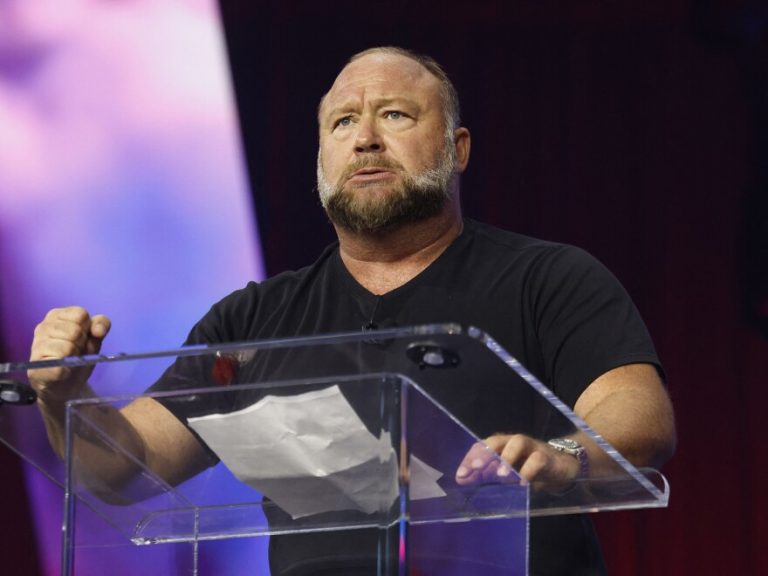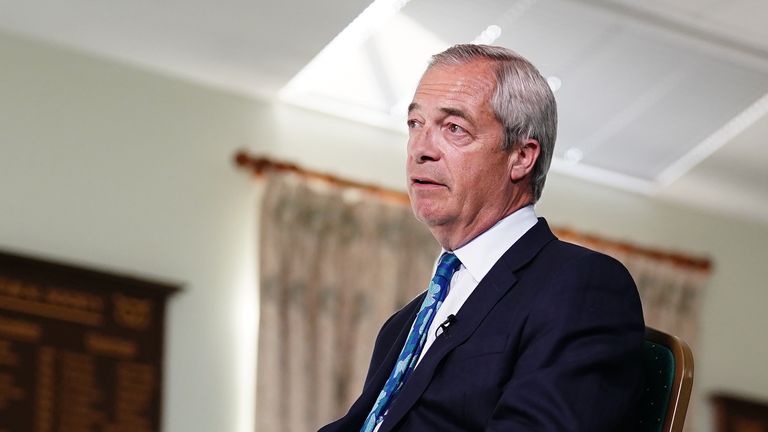1. Introduction to Die Grünen (The Green Party of Germany)
Die Grünen, or The Green Party of Germany, is a progressive political party that has grown to become a significant force in German politics. Founded in 1980, the party was born out of environmental movements, pacifist organizations, and various left-wing groups. It has consistently advocated for issues such as environmental protection, sustainable development, social justice, human rights, and democratic governance. With its roots in grassroots activism, Die Grünen has evolved into one of Germany’s most influential political parties.
The Green Party has played a critical role in shaping both the national and international political landscape, especially as global concerns about climate change and sustainability continue to rise. Today, Die Grünen is considered one of the most important political voices in Germany, advocating for a greener future while engaging in domestic and global issues such as migration, economic fairness, and digital innovation.
2. History of Die Grünen
Die Grünen was founded during the early 1980s as a response to growing concerns over environmental degradation, nuclear energy, and the broader socio-political landscape of the time. Initially, it was a broad coalition of environmentalists, pacifists, anti-nuclear activists, and left-wing intellectuals. The party emerged from the social movements of the 1970s and early 1980s, driven by a belief in the urgent need for environmental and social change.
Early Years: Environmental Activism and Social Movements
In the beginning, Die Grünen was a grassroots movement, often considered a political outsider. It gained momentum through its strong opposition to the nuclear arms race and its focus on environmental protection. The party was also known for its commitment to social justice, pushing for gender equality, LGBTQ+ rights, and a focus on sustainable agriculture.
Despite its early anti-establishment stance, Die Grünen’s influence steadily grew. In the 1980s, the party had its first success in local elections, and by the 1990s, Die Grünen had secured seats in the Bundestag (Germany’s federal parliament). A major milestone came in 1998, when Die Grünen became part of the red-green coalition government under Chancellor Gerhard Schröder, marking their entry into the mainstream of German politics.
Shift Toward Mainstream Politics
Over the years, Die Grünen has evolved from being a protest party to becoming a central player in Germany’s political structure. In recent years, the party has maintained a significant presence in German politics, particularly through its participation in coalition governments. This shift was reflected in its growing influence on national and international policies related to climate change, human rights, and European integration.
3. The Leadership of Die Grünen
Die Grünen’s leadership structure has evolved with time, and as of today, it is co-led by two party leaders, a male and a female co-chair, reflecting the party’s commitment to gender equality and democratic leadership.
Robert Habeck and Annalena Baerbock
As of 2025, the co-leaders of Die Grünen are Robert Habeck and Annalena Baerbock.
- Robert Habeck: A well-known figure in German politics, Habeck serves as the co-chair of Die Grünen and has played a key role in shaping the party’s policies. Born in 1969, Habeck is a former author and philosopher, and he has worked as a minister for economic affairs and energy in the current German government. Habeck is known for his articulate and pragmatic approach to environmental politics and has been a vocal advocate for a greener economy and climate action.
- Annalena Baerbock: Baerbock, born in 1980, has emerged as one of Germany’s most prominent political figures. She was the party’s candidate for Chancellor in the 2021 federal elections, further solidifying her leadership position within Die Grünen. A lawyer and international relations expert, Baerbock is widely recognized for her commitment to climate change action and her foreign policy expertise. She advocates for a fair and sustainable transition to green energy and the implementation of progressive economic reforms.
4. The Ideology of Die Grünen
Die Grünen are rooted in green politics, advocating for environmental sustainability and social justice. Their political ideology blends a variety of left-leaning and progressive values that have made them attractive to voters who prioritize issues like climate change, equality, and human rights.
Environmentalism and Climate Change
At its core, Die Grünen is a green party, which means that its primary focus is on environmental protection and sustainability. The party has long advocated for carbon neutrality by 2050 and is a vocal supporter of the Paris Agreement. Their climate policy is based on transitioning to renewable energy, including wind, solar, and hydropower. The Greens also push for policies such as energy efficiency, sustainable urban development, and greener transportation systems, like electric vehicles and public transport.
Social Justice and Equality
Die Grünen’s political agenda emphasizes the importance of equality and social justice. The party advocates for gender equality, LGBTQ+ rights, and integration of marginalized communities. Die Grünen strongly support policies that seek to reduce inequality and promote fair wealth distribution, including tax reforms and social security measures. Additionally, they are committed to addressing issues like housing affordability and job creation through green industries.
European Integration
Die Grünen are staunch proponents of European unity and are generally supportive of the European Union (EU). They believe that Germany’s role in the EU is critical for advancing shared goals of peace, democracy, and environmental sustainability. However, they also advocate for reform within the EU to make it more democratic and inclusive. They emphasize human rights and the need to address migration challenges through a fair and equitable approach.
5. The Green Party’s Policies on Key Issues
Climate Change and Environmental Sustainability
One of the key pillars of Die Grünen’s policy is its environmental platform. The party has been a vocal advocate for the European Green Deal and proposes significant investments in clean energy, climate action, and the circular economy. Die Grünen have also pushed for a green recovery post-COVID-19, emphasizing investments in renewable technologies, energy-efficient infrastructure, and the transition to a carbon-neutral economy.
Social and Economic Justice
Die Grünen support progressive taxation, with higher taxes for the wealthy to fund social policies such as universal healthcare, free education, and affordable housing. They call for strong labor rights, better working conditions, and policies aimed at closing the income gap.
They also support the implementation of basic income policies for citizens, ensuring a social safety net for everyone in the face of economic uncertainties.
Migration and Refugees
Die Grünen’s approach to migration is based on the principle of humanity and solidarity. The party supports a more humane approach to asylum seekers and refugees, advocating for easier integration processes, better housing, and access to education. They call for comprehensive reforms to the EU asylum system to ensure more equal treatment of refugees across member states.
Digitalization and Innovation
Die Grünen embrace the digital transformation of society, advocating for greater investment in digital infrastructure while addressing the potential social impacts of automation and artificial intelligence. They support measures that promote digital literacy, data privacy, and equitable access to new technologies.
6. Die Grünen’s Role in Germany’s Political Landscape
As of 2025, Die Grünen’s influence has significantly grown. The party has made substantial gains in the Bundestag (German parliament) and has also become an integral part of coalition governments at both the federal and state levels.
Die Grünen’s role in government has been particularly crucial in recent years due to the growing concern about climate change and environmental sustainability. As a partner in the current coalition government led by Olaf Scholz of the SPD, Die Grünen hold several key portfolios, including foreign affairs, economic affairs, and energy policy.
Their influence extends beyond Germany as they advocate for a green recovery and climate justice on the global stage.
7. Green Party and the Age of Consent in Germany
While not a direct focus of Die Grünen, the party supports various human rights issues, including the rights of minors and sexual consent. In Germany, the age of consent is currently set at 14, but with provisions that allow for more stringent regulations if the sexual partner is in a position of power or authority over the minor. Die Grünen advocate for further protection for minors and sexual education as a means to create a safer, more informed society.
8. The Future of Die Grünen and its Influence
Looking to the future, Die Grünen is poised to play a significant role in Germany’s political landscape. With growing concerns about climate change, environmental degradation, and social inequality, the party’s green policies are expected to resonate more with voters. As the world increasingly shifts towards sustainability and social justice, Die Grünen’s agenda will likely shape Germany’s future in the coming decades.
In conclusion, Die Grünen has transitioned from an environmental movement to a key player in German politics, influencing policy on everything from climate change to migration and economic fairness. Their progressive agenda, under the leadership of Robert Habeck and Annalena Baerbock, makes them a significant force in Germany’s political future.






